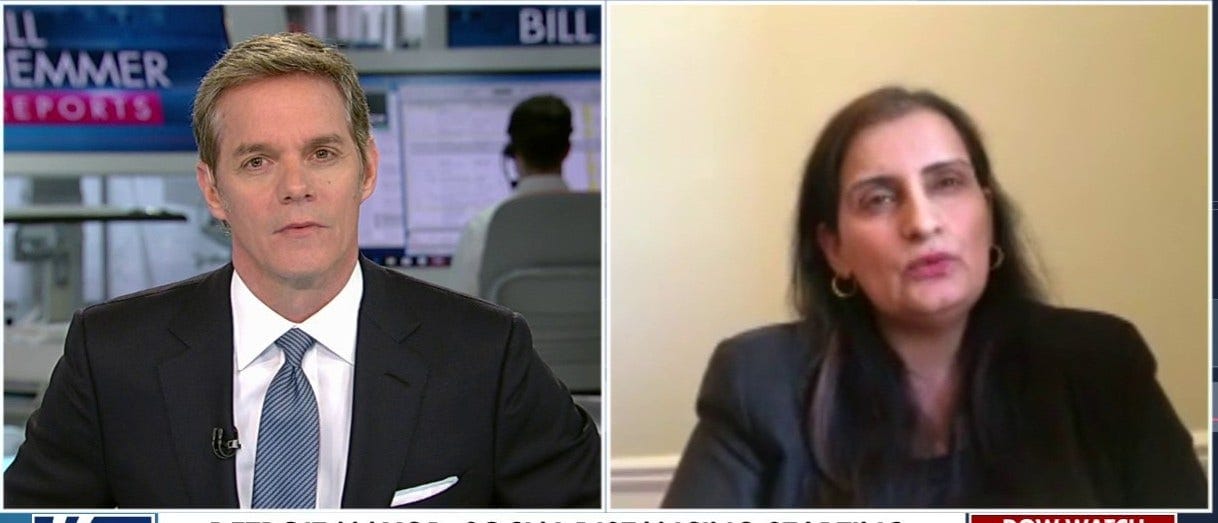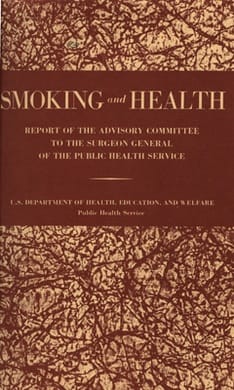The alcohol industry has long been a significant part of social and cultural life in many societies. However, the recent cancer warning from the Surgeon General has reignited discussions about the need for stricter regulations surrounding alcohol production, marketing, and consumption. Despite the compelling evidence linking alcohol to various types of cancer, the regulation of this industry presents a complex and multifaceted challenge.
One of the primary reasons for the difficulty in regulating the alcohol industry lies in the deep-rooted cultural attitudes towards alcohol consumption. In many cultures, drinking is associated with socializing, celebration, and relaxation. These cultural norms can create resistance to regulations perceived as limiting personal freedoms or altering social customs. As a result, any attempt to impose stricter regulations can be met with significant public pushback, making it challenging for policymakers to implement meaningful changes.
Furthermore, the economic implications of regulating the alcohol industry are substantial. The alcohol sector contributes significantly to national and local economies through job creation, tax revenues, and tourism. Many communities rely on the economic benefits generated by breweries, wineries, and distilleries. Policymakers must carefully consider the potential economic fallout of stricter regulations, which can lead to hesitance in taking decisive action. The balance between protecting public health and preserving economic interests is a delicate one, and finding a middle ground can be difficult.
Additionally, the alcohol industry is characterized by powerful lobbying efforts that can influence public policy and regulatory frameworks. Industry stakeholders often invest significant resources in lobbying to protect their interests, which can undermine efforts to regulate alcohol more strictly. These lobbying efforts can result in the dilution of proposed regulations or the outright rejection of initiatives aimed at reducing alcohol consumption. This dynamic creates a challenging environment for public health advocates who seek to address the risks associated with alcohol consumption.
The Surgeon General’s warning about the link between alcohol and cancer has brought renewed attention to the health risks associated with alcohol consumption. Research has consistently shown that alcohol is a known carcinogen, and the evidence continues to grow. Despite this, the response from the regulatory landscape has been slow and inconsistent. Public health advocates argue that the warning should serve as a catalyst for more robust regulations, such as stricter advertising guidelines, increased taxes on alcoholic beverages, and enhanced labeling requirements that clearly communicate the health risks associated with alcohol consumption.
However, even with a clear public health message, the path to effective regulation remains fraught with challenges. One significant barrier is the lack of consensus on what effective regulation should look like. Different stakeholders, including public health officials, industry representatives, and consumers, often have divergent views on the appropriate level of regulation. This lack of consensus can lead to fragmented approaches that fail to address the core issues at hand.
Moreover, the global nature of the alcohol industry complicates regulation further. Many alcoholic beverages are produced and marketed across international borders, making it difficult for individual countries to enforce regulations effectively. Globalization has led to an increase in the availability of alcohol products, which can exacerbate public health concerns. Collaborative international efforts may be necessary to address the challenges posed by the alcohol industry, but such cooperation can be difficult to achieve due to varying cultural attitudes and regulatory frameworks.
In conclusion, the regulation of the alcohol industry in light of the Surgeon General’s cancer warning is a complex and multifaceted issue. Cultural attitudes, economic implications, powerful lobbying efforts, and a lack of consensus on effective regulation all contribute to the challenges faced by policymakers. While the health risks associated with alcohol consumption are well-documented, translating this knowledge into effective regulation requires careful consideration of the various factors at play. As public health advocates continue to push for change, the path forward will likely involve navigating a complex landscape of competing interests and deeply entrenched cultural norms.



